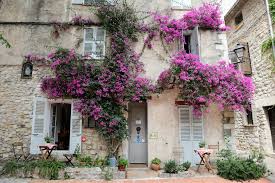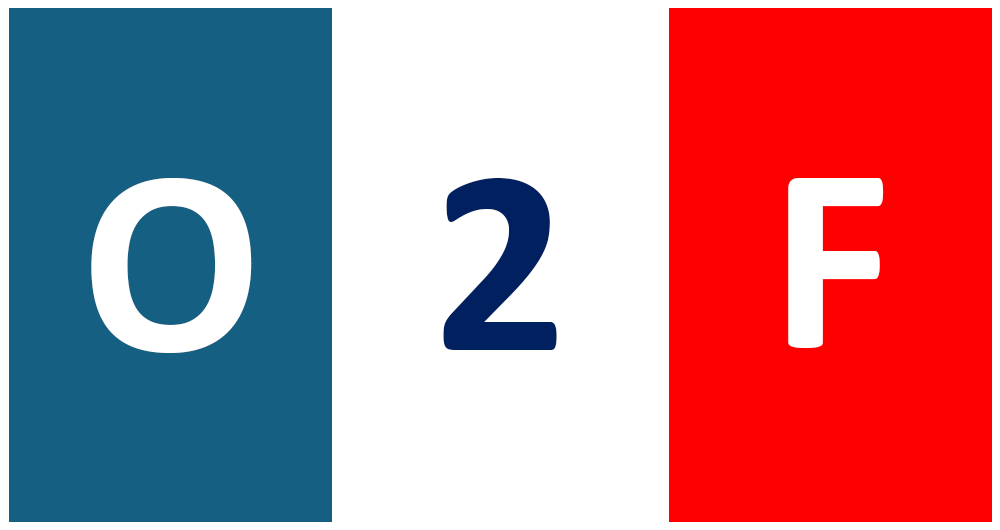Consider legal and administrative aspects
For example, in France the notary is a central figure in the purchasing process.
This person arranges the ‘’compromis de vente’’, the ‘’acte de vente’’ and the title investigation and checks that there are no debts, mortgages or easements on the property.
Also consider the costs and taxes such as notary fees (between 7% and 8% of the purchase price), transfer tax (droits de mutation), property tax, “taxe foncière” and “taxe d’habitation.”
French banks can finance 70–80% of the purchase price, depending on income and debt burden. For foreign buyers without French income, the requirements may be stricter.
Also think carefully about the choice of location for personal use or holiday rental. (Accessibility, facilities, healthcare, touristic attractiveness, proximity to airport/station.)
Popular areas are: Côte d’Azur, Dordogne, Provence, Paris, Alps.
Emerging: Languedoc-Roussillon, Auvergne and parts of Normandy.
Rental income is taxed in France, also for non-residents.
French inheritance law used to be strict with reserved parts (children are always entitled to a part) but since 2015 EU citizens can choose the inheritance law of their nationality by means of a will. Have this properly guided by the law.
Inheritance tax can be high in France, especially for distant relatives or unrelated heirs.
Also take into account the local regulations for building permits: mandatory for renovations. For example, pay attention to the ‘’zones protégées’’ (protected areas).
Need support in communication when buying/selling a property in France?
We are happy to help you.
Ask your question here and we will contact you as soon as possible.




